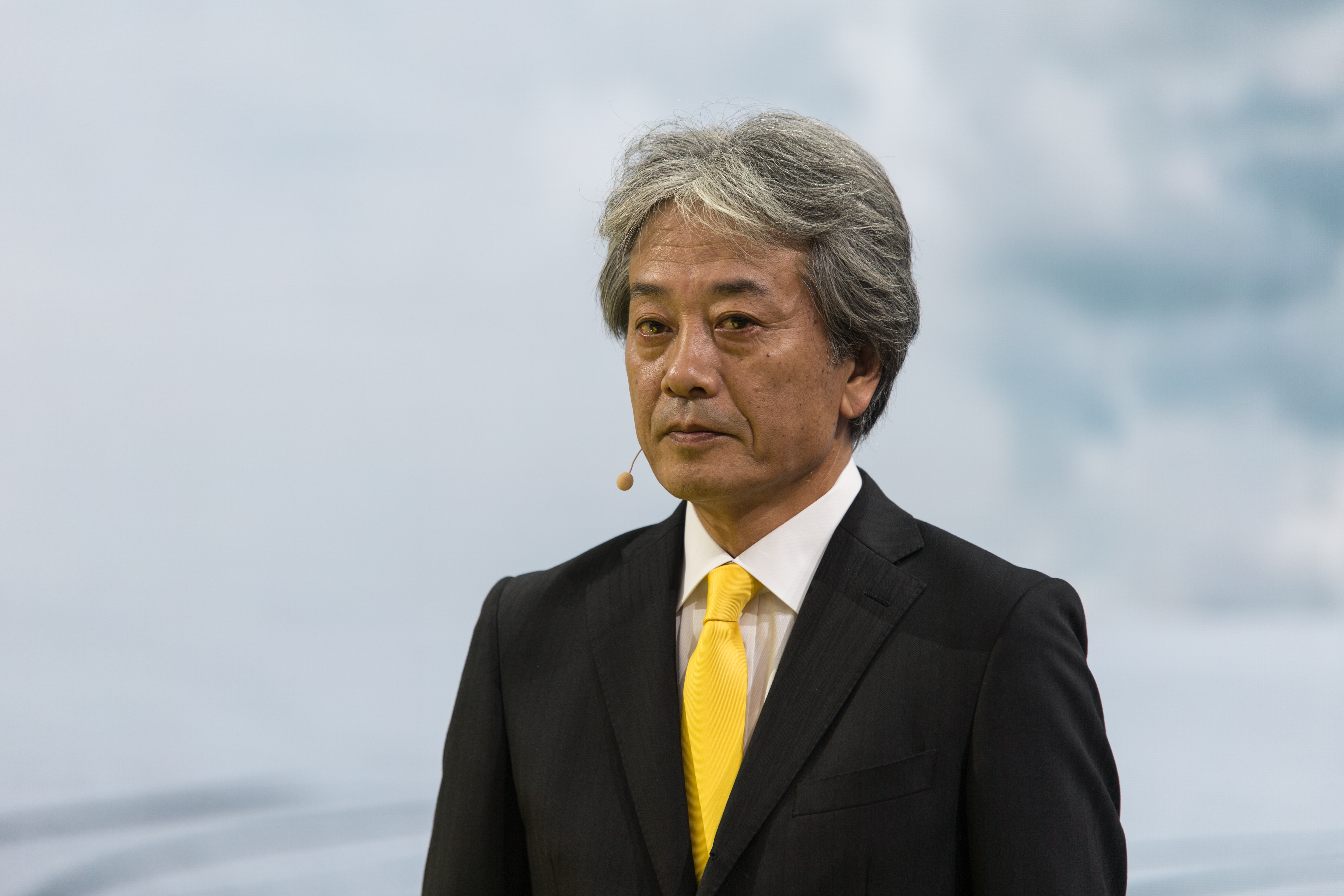In a move that had industry insiders scratching their heads in bemusement, the Federal Communications Commission (FCC) has granted approval to Paramount Pictures to solve its existential crisis. Yes, you read that right. In a groundbreaking move designed to combat plummeting cinema ticket sales and growing competition from online streaming services, Paramount has been granted the right to question its own existence as a corporate entity.
“Breathtaking. Absolutely breathtaking,” declared Paramount CEO, Jim Gianopulos, at a press conference seemingly held inside a 19th-century Viennese coffeehouse, complete with a live orchestra playing the existentialist tunes of Sartre’s favorite composer. “Through the power of federally-sanctioned self-questioning, we’re not just going to redefine the way we do business. We’re going to redefine what it means to do business at all. We’re going to redefine existence.”
The recent downturn in Paramount’s fortunes has been well-documented, with the studio suffering a string of high-profile box office failures and facing increasing competition from digital giants such as Netflix and Amazon. The FCC’s decision allows the company to take a step back and ask the big questions about its identity, purpose, and existence.
In a 300-page proposal submitted to the FCC, Paramount laid out a detailed plan for its self-questioning strategy. This included a commitment to hire a team of philosophy graduates, the institution of an existentialist book club for all employees, and the conversion of boardrooms into Socratic dialogue circles. The company also plans to explore the possibility of shooting all future movies in black and white, to emphasize the bleak and absurd nature of human existence.
Moreover, the proposal laid out a new corporate structure, which Paramount has termed a ‘Hierarchy of Absurdity.’ Employees will be ranked not by their roles or titles but by the intensity and depth of their existential despair. The anguished cry of ‘why?’ will replace the ringing of phone lines throughout the studio.
Through the power of federally-sanctioned self-questioning, we’re not just going to redefine the way we do business. We’re going to redefine what it means to do business at all.
“This is an unprecedented move in the entertainment industry,” remarked industry analyst, Sandra Flicker. “Paramount is not just reevaluating its business model, it’s questioning its entire existence. Who are they? Why are they here? Were they ever really here? This is the kind of introspective introspection that we’ve never seen before.”
Despite the groundbreaking nature of Paramount’s existential pivot, the move has not been without its detractors. Critics have pointed out that the company’s focus on self-questioning may lead to a lack of immediate action to address their financial woes. However, the studio seems confident that the answers to their existential crisis lie within their grasp. Or maybe not. Maybe the question is the answer. As the saying goes, the plot thickens. With the FCC’s approval in hand, Paramount is now…
…officially cleared to embark on its self-questioning journey.
In a surprise announcement, Paramount revealed plans to partner with the Philosophy Department at the University of California, Berkeley. This partnership aims to foster a corporate climate of introspection and uncertainty. “The existential crisis of Paramount Pictures will not go unexamined,” stated Professor Friedrich Kierkegaard-Smith, head of the department. “Indeed, the questions Paramount brings to the table are a mirror to society’s own crisis of identity in this digital age.”
Who are they? Why are they here? Were they ever really here? This is the kind of introspective introspection that we've never seen before.
While the studio’s exploration of its existential crisis is officially underway, the FCC’s approval has sparked a wave of similar applications from other industry giants. Disney, Warner Bros, and even streaming service Netflix have all expressed interest in negotiating their own existential crisis.
However, the FCC’s approval is not a free pass for Paramount. The conditions imposed by the FCC require Paramount to report quarterly on their ongoing existential journey, with a focus on demonstrating if they’ve made progress in defining the meaninglessness of their existence.
The first report, due in three months, is expected to be a detailed analysis of the question ‘Why does Paramount exist?’ – a topic that has occupied philosophers for centuries. By meeting this requirement, Paramount is expected to either plunge further into despair or stumble upon the meaningless meaning of its existence.
“We’re charting a new course here,” said CEO Gianopulos, cramming a crumpled piece of Sartre’s “Being and Nothingness” into his jacket pocket. “It’s unexplored territory. We might end up dissolving Paramount entirely, or we may find a deeper purpose that revolutionizes the industry. Or we may just get stuck in a loop of self-doubt. Only time will tell.”
As the industry watches with bated breath, Paramount’s journey into the abyss of existentialism promises to redefine the boundaries of corporate self-identification. Some experts believe this could be the dawn of a new era in the entertainment industry; others think it’s just a publicity stunt designed to distract from Paramount’s financial woes.
In the meantime, Paramount employees are adjusting to their new existential reality. The former head of marketing, now known as the Chief Anguished Existentialist, was recently sighted pacing the studio lot, muttering about the futility of advertising in a universe devoid of inherent meaning.
Whatever the outcome, Paramount’s existential journey promises to be a cinematic event worthy of the studio’s illustrious history. One thing is certain: in the face of an uncertain future, Paramount has chosen to meet the abyss head-on. As the studio’s favorite existential philosopher Albert Camus once said, “The struggle itself toward the heights is enough to fill a man’s heart. One must imagine Paramount happy.”

